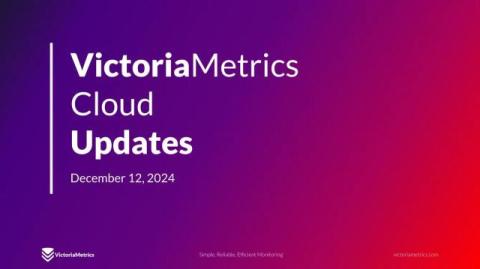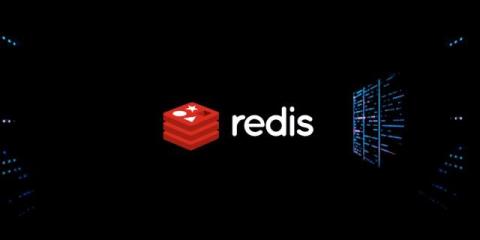How to Connect to Oracle Database From Python With Devart Python Connector
Connecting Python projects to Oracle databases is an essential step for many workflows, but the process can feel unnecessarily tedious. Dependency-heavy setups, complex setup files like tnsnames.ora, and platform compatibility issues can make even straightforward projects frustratingly complex. To keep workflows running well, developers must discover a reliable and effective approach to connect Python to Oracle.










